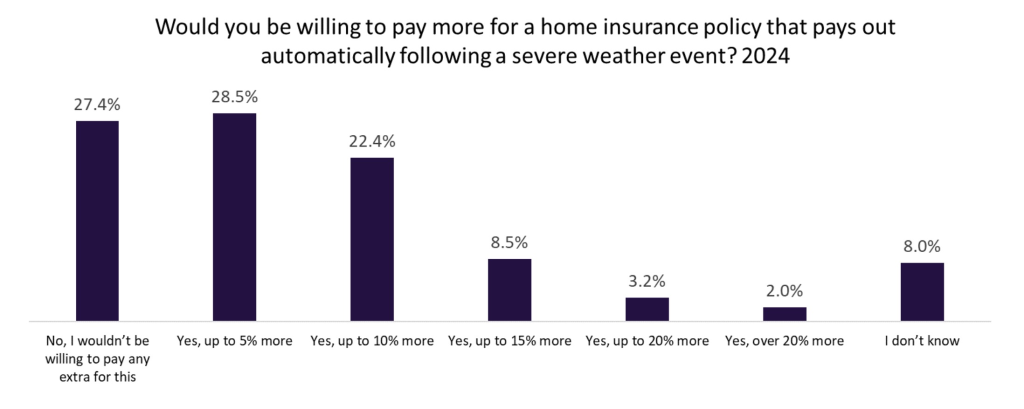Tightening its grip on the European Union’s (EU) financial
services industry, the European Commission (EC) has adopted
legislative proposals aimed at, as it terms it, “strengthening
financial supervision in Europe.”
The EU’s Internal Market and Services Commissioner Charlie McCreevy
commented: “This package represents rapid and robust action by the
Commission to remedy shortcomings in European financial supervision
and will help prevent future financial crises. I commend this
package to the Council and Parliament for rapid adoption, so that
the new structures can begin functioning in 2010.”
Among key changes to the EU’s regulatory landscape, the proposed
legislation will see creation of a new European Systemic Risk Board
(ESRB) to detect risks to the financial system as a whole and to
issue early risk warnings to be rapidly acted on.
Commenting on the ESRB the EU’s Economic and Monetary Affairs
Commissioner Joaquín Almunia said: “The creation of a European
Systemic Risk Board to detect and prevent risks to financial
stability in the EU and new arrangements to improve supervision at
institution level will go a long way towards tackling the
imbalances in our financial systems and solving the weaknesses in
our financial supervision system that are at least partly to blame
for the financial crisis.”
In addition to the ESRB, the legislation will create a European
System of Financial Supervisors (ESFS) composed of national
supervisors, and three new European supervisory authorities for the
banking, securities and insurance and occupational pensions
sectors. The new supervisory authorities are the European Insurance
and Occupational Pensions Authority, the European Securities and
Markets Authority and the European Banking Authority.
Of particular note, the European Securities and Markets Authority
will exercise direct supervisory powers for credit rating
agencies.
How well do you really know your competitors?
Access the most comprehensive Company Profiles on the market, powered by GlobalData. Save hours of research. Gain competitive edge.

Thank you!
Your download email will arrive shortly
Not ready to buy yet? Download a free sample
We are confident about the unique quality of our Company Profiles. However, we want you to make the most beneficial decision for your business, so we offer a free sample that you can download by submitting the below form
By GlobalDataThe ESRB will have the power to issue recommendations and warnings
to the three new European supervisory authorities and EU member
states, including their national supervisors, which will have to
comply or else explain why they have not done so. The heads of the
European Central Bank, national central banks, the European
supervisory authorities and national supervisors will participate
in the ESRB.
Creation of the ESRB and ESFS will also result in the elimination
of three existing financial services committees for supervision of
individual financial institutions. These are the Committee of
European Banking Supervisors, the Committee of European Insurance
and Occupational Pensions Committee (CEIOPS) and the Committee of
European Securities Regulators.
The ESRB and ESFS will take over all functions of the three
committees and in addition have certain extra competencies,
including:
• Developing proposals for technical standards;
• Resolving cases of disagreement between national supervisors,
where legislation requires them to co-operate or to agree;
and
• A co-ordination role in emergency situations.
Tentative support from ABI
Commenting on the EU’s proposals the Association of British
Insurers’ (ABI) director general Stephen Haddrill noted that the
ABI has consistently supported a stronger EU-level framework for
the supervision of financial services.
However, he also expressed reservations relating to the regulatory
changes sweeping the EU as they pertain to insurers.
“In common with the whole of the European insurance industry [we]
have serious reservations about the over-zealous interpretation of
Solvency II, as proposed by Europe’s regulators in CEIOPS.
Excessive levels of prudential capital requirements will not be in
the interest of consumers.”
He continued: “We will therefore be looking carefully at the
Commission’s proposals on the supervisory framework to ensure that
there are robust checks and balances on the powers to be devolved
to regulators. We are also concerned that the macro-prudential
body, the European Systemic Risk Board, is dominated by bankers and
does not have enough insurance expertise.”







